Deputy Minister of Finance Do Thanh Trung said that in the global green growth trend, the Vietnamese Government has shown great determination in the green growth orientation through participating in and implementing many international commitments on sustainable development and climate change.
The most important of these are the 2030 Agenda for Sustainable Development and the Paris Agreement on Climate Change, actively participating in forums on sustainable development and annual United Nations conferences on climate change, with a very responsible commitment to the international community in the effort to bring net emissions to zero by 2050.
According to Deputy Minister Do Thanh Trung, one of the most outstanding results in Vietnam's green growth orientation is the green finance and green credit sectors. The growth rate of green credit in Vietnam has recorded many positive signals. Green credit outstanding debt has increased nearly 8 times, from VND 71,000 billion in 2015 to VND 564,000 billion in 2023, accounting for 4.4% of the total outstanding debt of the entire economy.
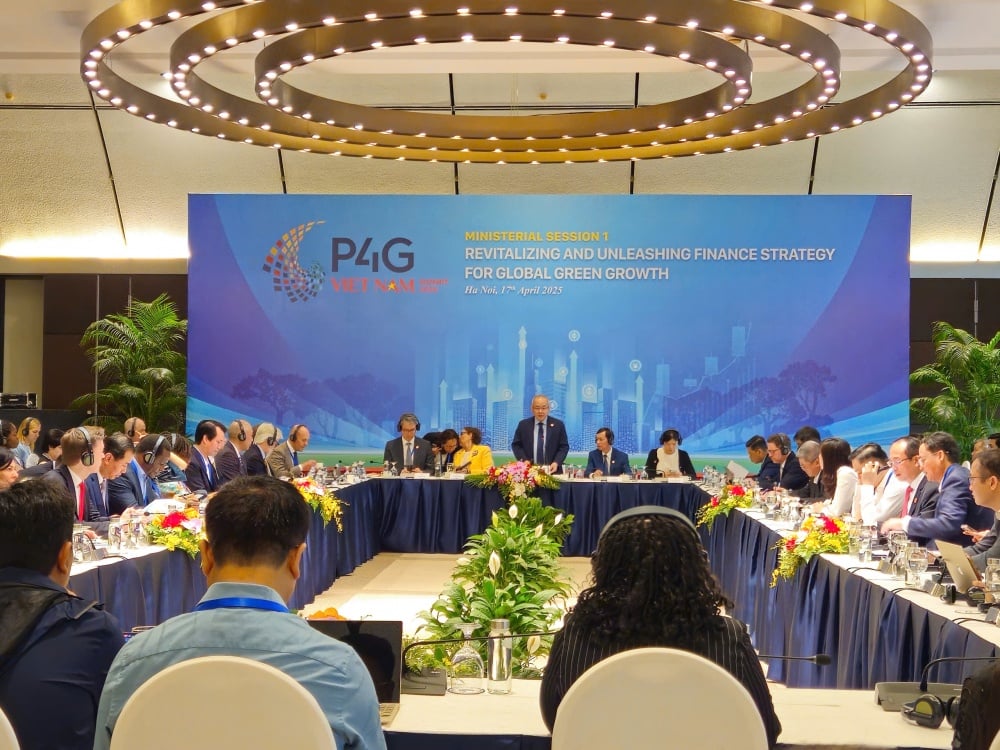 |
| Many opinions and contributions have been made about the story of green financial development. |
At the conference, delegates from many countries discussed issues such as experiences in developing green financial markets; models, policies and initiatives that have been successfully implemented in countries... as well as lessons learned from the challenges we have faced and are facing. In addition, there are solutions to overcome technical, legal and market barriers; difficulties in building and maintaining green financial markets, as well as ways to overcome these barriers to increase the ability to mobilize capital for green projects.
Ms. Rebeca Grynspan, Secretary-General of the United Nations Conference on Trade and Development (UNCTAD), emphasized the key role of reforming the global financial architecture to ensure that capital reaches the right place at the right time, especially in developing countries. She called for greater financial equity and access to green finance for all countries.
Meanwhile, Mr. Chung Keeyong, Vice Minister and Ambassador of Climate Change of Korea, also emphasized that the commitment to green transformation needs to be people-oriented. Along with that, the factor that ensures the success of green transformation is financial mobilization. The Korean representative also proposed three focuses for P4G member countries in the coming time, which are: Access to resource efficiency and P4G will connect each country to "incubate" initiatives, share risk reduction mechanisms. Access to capital must be practical, focusing on vulnerable groups; need a green classification system, have annual pilot projects to test solutions to combat climate change.
Mr. Shantanu Chakraborty, Country Director for Vietnam, Asian Development Bank (ADB) also shared that the bank's Innovative Finance Facility for Climate can support up to 36 billion USD/year for countries; the GSS+ Bonds program supports the issuance of more than 3.5 billion USD in green, social and sustainable bonds; and supports the establishment of ASEAN standards on responsible investment funds. These are initiatives that contribute to promoting domestic and foreign capital for green finance.
Also discussing the development of the green capital market, Mr. Tim Evans - General Director of HSBC Vietnam proposed considering the combination of the public and private sectors in supporting green transformation. Investment in green infrastructure is still facing difficulties due to the lack of projects that are attractive enough to traditional investors. Blended finance models such as N2 Green - a cooperation mechanism between Temasek (Singapore) and HSBC - are one of the possible solutions. This model can help overcome barriers and provide catalytic finance, thanks to the combination of public and private capital for sustainable development solutions.
Source: https://thoibaonganhang.vn/doi-moi-tai-chinh-va-chien-luoc-huy-dong-von-cho-tang-truong-xanh-toan-cau-162927.html


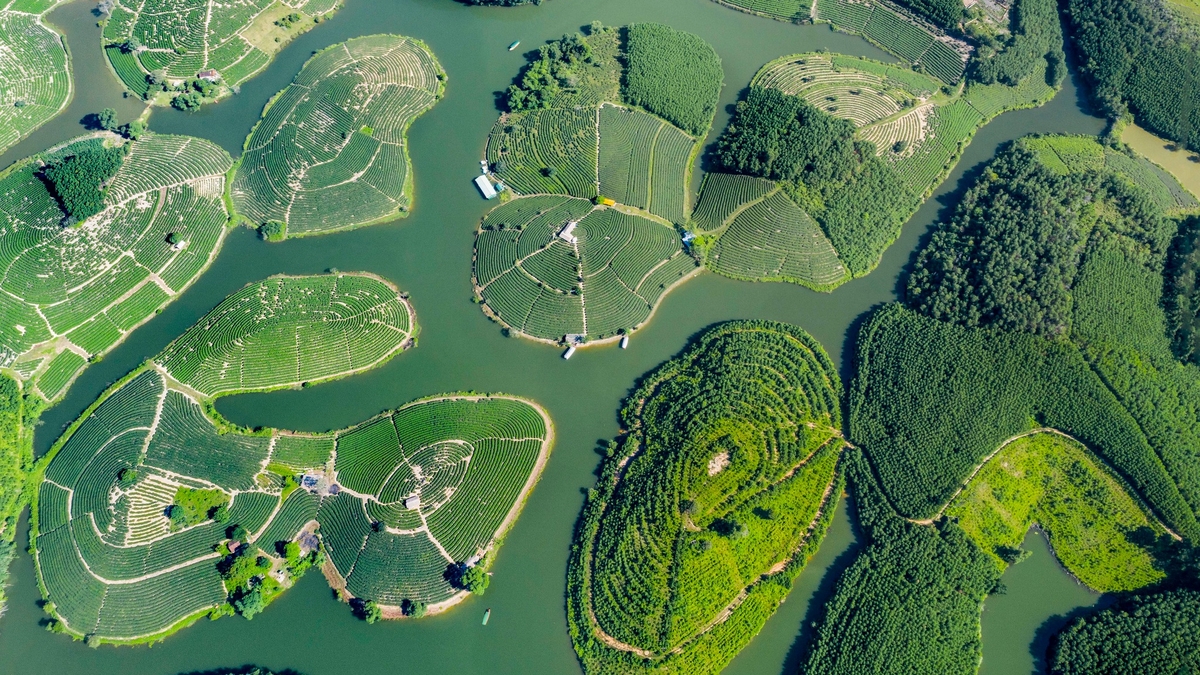

![[Photo] Vietnam and Sri Lanka sign cooperation agreements in many important fields](https://vphoto.vietnam.vn/thumb/1200x675/vietnam/resource/IMAGE/2025/5/5/9d5c9d2cb45e413c91a4b4067947b8c8)








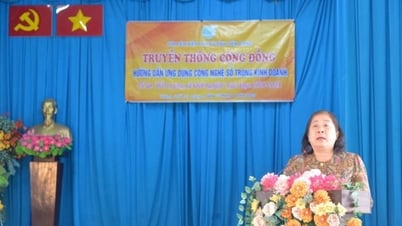










![[Photo] President Luong Cuong and Sri Lankan President Anura Kumara Dissanayaka visit President Ho Chi Minh relic site](https://vphoto.vietnam.vn/thumb/1200x675/vietnam/resource/IMAGE/2025/5/5/0ff75a6ffec545cf8f9538e2c1f7f87a)










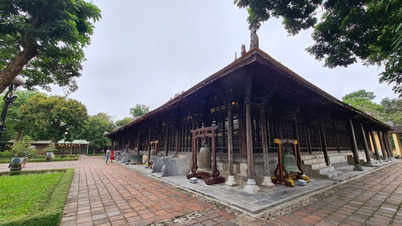

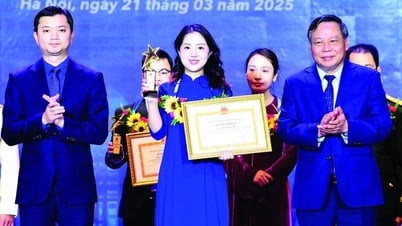



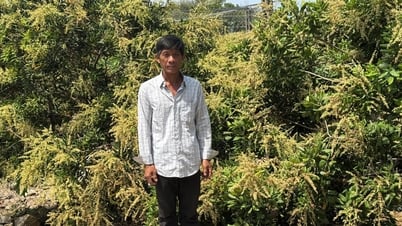














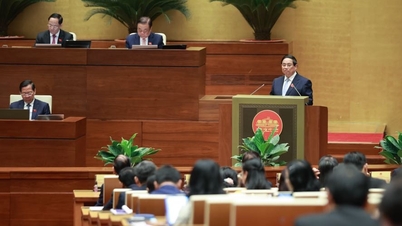

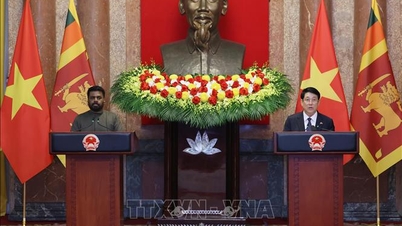
![[Photo] President Luong Cuong presided over the welcoming ceremony and held talks with Sri Lankan President Anura Kumara Dissanayaka](https://vphoto.vietnam.vn/thumb/402x226/vietnam/resource/IMAGE/2025/5/5/351b51d72a67458dbd73485caefb7dfb)

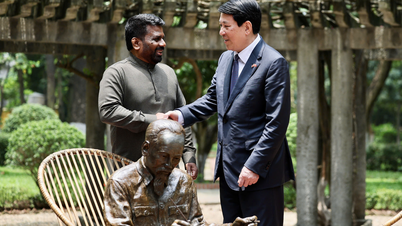
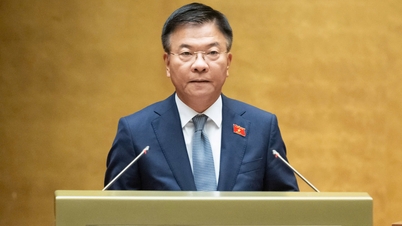








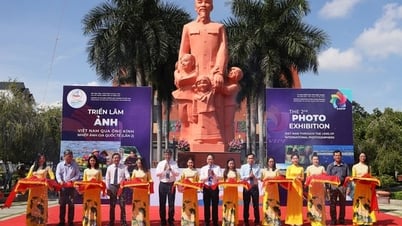





















Comment (0)